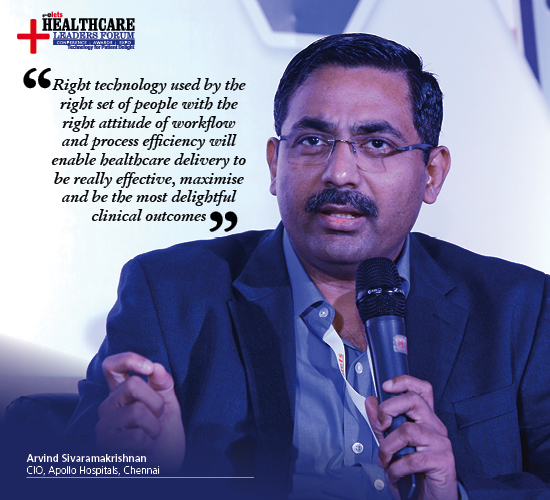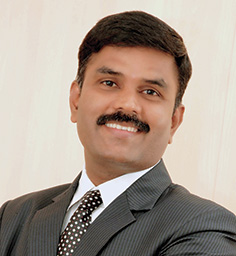
 The number of physicians using smartphones has reached a near-saturation point. Meanwhile, the number of data breaches is going up. Recent reports by Manhattan Research have found more than 81% of physicians use a smartphone, up from 72% in 2010. Also on the rise have been data breaches, which, according to research released in December by Ponemon Institute, have risen 32% in the past year. Ponemon found that 96% of all health care organisations surveyed said they had experienced at least one data breach in the past two years.The report did not specify the percentage of breaches from mobile devices. But it stated, “Widespread use of mobile devices is putting patient data at risk.”
The number of physicians using smartphones has reached a near-saturation point. Meanwhile, the number of data breaches is going up. Recent reports by Manhattan Research have found more than 81% of physicians use a smartphone, up from 72% in 2010. Also on the rise have been data breaches, which, according to research released in December by Ponemon Institute, have risen 32% in the past year. Ponemon found that 96% of all health care organisations surveyed said they had experienced at least one data breach in the past two years.The report did not specify the percentage of breaches from mobile devices. But it stated, “Widespread use of mobile devices is putting patient data at risk.”
Larry Ponemon, chair and founder of Ponemon Institute, commenting on its first study of patient privacy and data security, said, “This year it seems the issue of mobile devices has ratcheted up, because the adoption rate of smartphones that are really smart, or tablet computers, seems to have increased significantly.”

Ponemon said mobile devices create a security risk in two ways. Data can reside on the device and can be accessed. Also, the device can be a way of gaining access to data that reside on electronic medical record systems at the health care organizations. Plus, many note, smartphones’ size makes them easier to lose than a laptop.
Either way, someone who finds a lost device — or the thief who stole that device — can gain valuable data if that phone is not secured.
Ponemon’s study looked at only 72 health organisations. However, mobile device security is a primary concern throughout the health care field.
In her address to the attendees of the Third Annual mHealth Summit in Washington D.C., Kathleen Sebelius, secretary of the U.S. Dept. of Health and Human Services, noted that a large number of violations are caused by unencrypted devices becoming lost or stolen.
Analysts say mobile devices are like other new information technology in health care: A technology is introduced, and the rate of adoption outpaces efforts to ensure its security. Mobile devices probably got ahead of some people’s ability to manage them adequately, said James Noga, chief information officer of Partners HealthCare in Boston.

Be a part of Elets Collaborative Initiatives. Join Us for Upcoming Events and explore business opportunities. Like us on Facebook , connect with us on LinkedIn and follow us on Twitter , Instagram.









